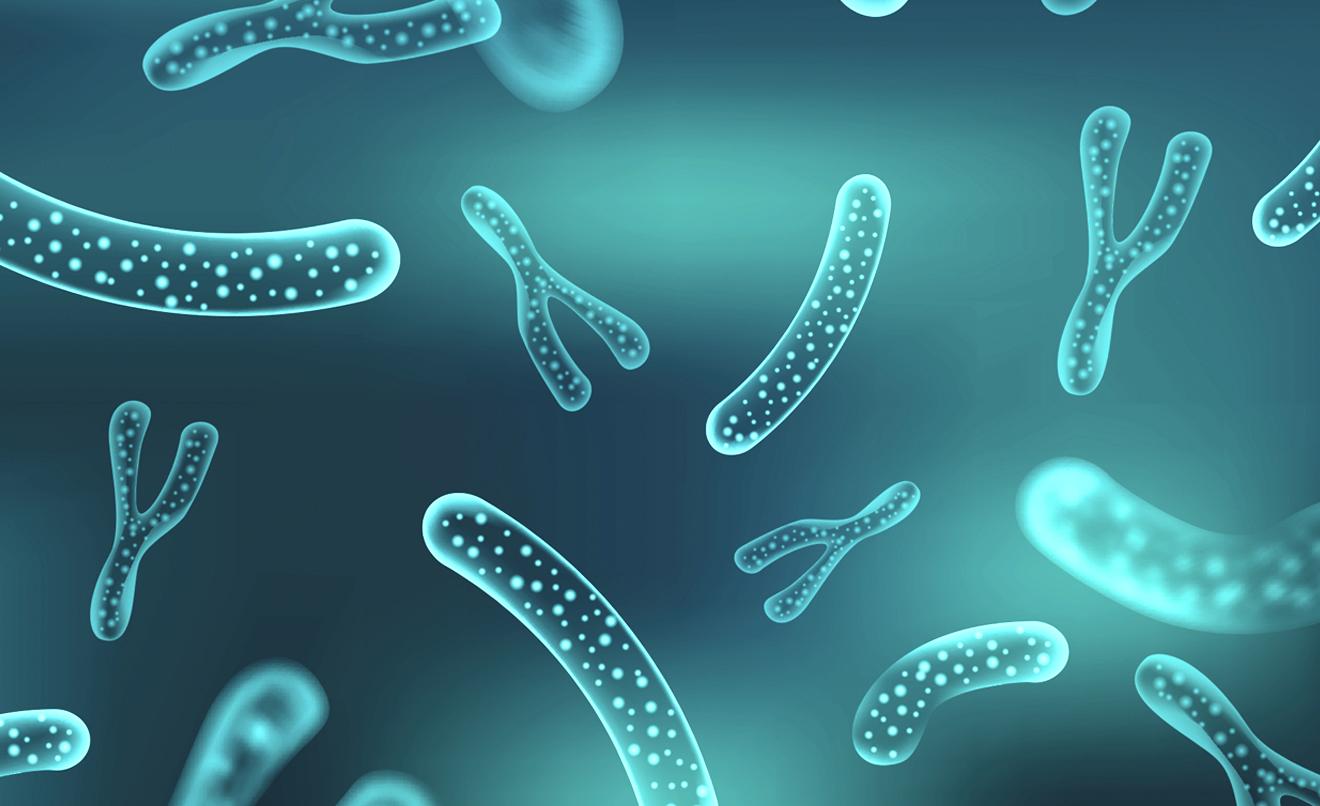Probiotics are living microorganisms that inhabit our mucosa and have a symbiotic relationship with our bodies. This means that we provide them with a means to proliferate, and they return the favor by working as a defensive barrier.
Although
the most well-known probiotics are intestinal, (previously named intestinal
flora and recently denominated digestive microbiota), they actually live
in our mouth, lungs, skin, colon, vagina...
Our
knowledge about these tiny inhabitants of our body is increasingly growing, to
the point that studies have allowed us to isolate and cultivate those strains
that are most beneficial for our health. From bifidobacterial and lactobacilli
—the most beneficial and widely researched— to other families of eukaryotes,
fungi, viruses and yeasts.
Science and
nutrition are progressing rapidly. We say the second brain when we mean
the gut since we know that more than 100 trillion microorganisms colonize our
digestive tube, having an influence on endocrine, immunological, neurological
and even psychological processes.
Actually, the
gut-brain axis is a two-lane highway. One way “brain-gut” through the vagus
nerve, and the other way “gut-brain” through the information processed during
digestion thanks to the type of microbiota involved in the process.
Digestive
pathologies, diabetes, obesity, allergies, autoimmune and degenerative diseases
have in common an alteration of the human microbiota. So far, it was thought to
be a consequence, but it has now been concluded to be a determining factor among
the causes. Diet, stress and lifestyle in general affect our digestive flora
and contribute to the development of these pathologies.
In short,
taking care of our microbiota has become an essential part of our own care. We
must bear in mind that it is a symbiotic relationship: if we take care of
ourselves, these organisms will thank us for it, and if we protect our microbiota,
so will it do with us.
In which
processes is the microbiota directly involved?
- DIGESTION: intestinal dysbiosis
is a deficit or excess of certain types of bacteria and affects the
functionality of our digestive system. Intolerances, dyspepsia, allergies
and non-celiac gluten sensitivity are clinical conditions aggravated by a
microbiota imbalance.
- IMMUNOLOGICAL SYSTEM: a healthy digestive
ecosystem allows for maintaining an optimal exchange of nutrients at the
digestive level. Sooner or later, micronutrient deficiencies or malabsorption
will have an impact on our immune system. Microbiota alterations imply a
deficient response of our defensive system to viruses, bacteria and
inflammatory processes.
- MOOD: research carried out
on the prevention of anxiety and depression with probiotics shows that some
species of Lactobacilli and Bifidobacteria (specially L. rhamnosus and B.
Longum) perform an important role in reducing the risk
of depression. It is safe to claim that these species are involved in the
increased synthesis of some neurotransmitters, such as serotonin.
- PREVENTION OF OBESITY: overweight
and obesity are the main harms in our society and are associated with the development
of multiple diseases. Several studies relate the deficit of some species
in people with a tendency to obesity, for instance, Lactobacillus
gasseri and Bifidobacterium breve. It is likely that our
genetic predisposition plays as relevant a role as that of our microbiomes
in terms of fat accumulation, insulin resistance and cholesterol
production.
- VAGINAL INFECTIONS: The intake of oral
probiotics may contribute to the regeneration of the microbiota in vaginal
infections, as well as increase the efficacy of the pharmacological
treatment and reduce relapse rates. Lactobacillus crispatus contributes
to the healing of the damaged vaginal epithelium, protects from Candida
albicans infection, and may inhibit its growth and reduce its virulence.
- ORAL HEALTH: If there is an
excessive proliferation of pathogenic microorganisms in our mouth, an imbalance
can occur and lead to oral diseases such as gingivitis, halitosis, caries
or periodontitis. Probiotics may have beneficial effects, helping reduce symptoms.
- HELICOBACTER PYLORI: is a bacterium
that infects the stomach epithelium and is one of the pathogens with the
highest incidence worldwide. PylopassTM is
a patented strain of Lactobacillus reuteri that works by forming
coaggregates with Helicobacter pylori and easing its expulsion
from our body.
